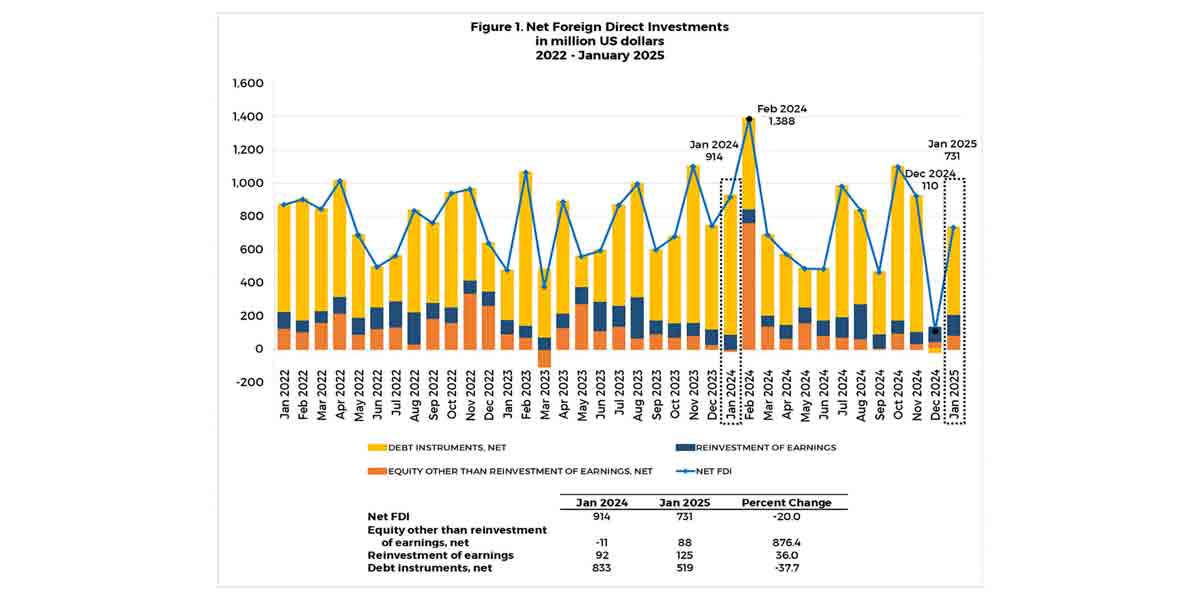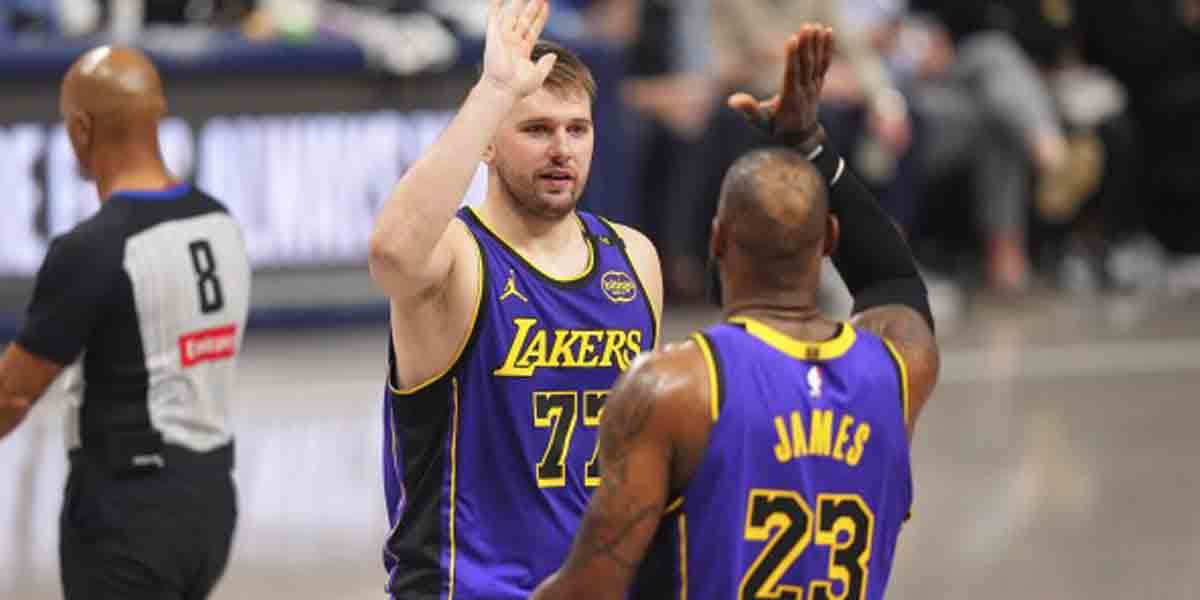By Herman M. Lagon
WE ARE swamped with new series, movies, and documentaries nowadays. Blink, and you have missed five new releases. However, amidst this rush, one show stands out and asserts its relevance, even though its story arc has wrapped up: “The Big Bang Theory” (TBBT).
In The New York Times Editor Rob Hoerburger’s 2013 confession about his delayed dive into the TBBT universe, he admitted to a kind of cultural snobbery, a reluctance to engage with what seemed to be another formulaic sitcom. Many mirrored his skepticism, but when he finally tuned in, like countless others, he found himself irrevocably hooked.
So why should contemporary viewers, spoilt for choice as they are, tune into a series that debuted in 2007 and wrapped up in 2019?
Firstly, TBBT redefines nerd culture. Pre-TBBT, the general perception of a ‘geek’ was an unsociable character buried in books or computers. The show transformed this notion. These scientists from CalTech, while initially awkward in their societal interactions, soon proved to be multidimensional individuals with rich inner lives, aspirations, fears, and genuine capacity for growth. The relatable characters, memorable moments, and robust ongoing plot make the series an evergreen hit.
Moreover, there is an undeniable ethos underlying TBBT. We have been taught about the importance of discerning one’s purpose and the significance of gratitude. In TBBT, each character’s journey reflects the discernment of personal purpose. Their daily interactions, full of laughter and challenges, highlight the beauty of seeking joy in all aspects of life. The characters’ collective evolution from isolated individuals to a close-knit community mirrors the gratitude for the companionship they find in one another.
And let us remember, with twelve solid seasons, there is a richness to the narrative arc that few series achieve. TBBT’s longevity is not just a testament to its popularity but also its depth. As The New Yorker’s Neima Jahromi pointed out, the series bridges a thirty-year cultural gap, making it relatable to multiple generations. It presents tech concepts to an older audience, normalizing the meteoric rise of nerd culture from mere curiosity to today’s dominant influence.
While TBBT has concluded, the universe it belongs to is set to expand. While it is still accessible on Netflix, the successful spinoff “Young Sheldon” has already captured hearts. And with news from HBO Max about another spinoff in development, the legacy of TBBT is far from over.
Revisiting (or, for some, initiating) a journey with Sheldon, Leonard, Penny, Howard, Raj, Amy, Bernadette, Stuart, and the rest is not just a nostalgic trip but also a reminder of the universality of human experiences. In its humor, “The Big Bang Theory” delivers profound insights into relationships, personal growth, and the balance between individuality and community. Its relevance endures, proving that while stars may fade, some galaxies continue to shine brilliantly in the vast television cosmos.
***
Doc H fondly describes himself as a ‘student of and for life’ who, like many others, aspires to a life-giving and why-driven world that is grounded in social justice and the pursuit of happiness. His views herewith do not necessarily reflect those of the institutions he is employed or connected with.




















